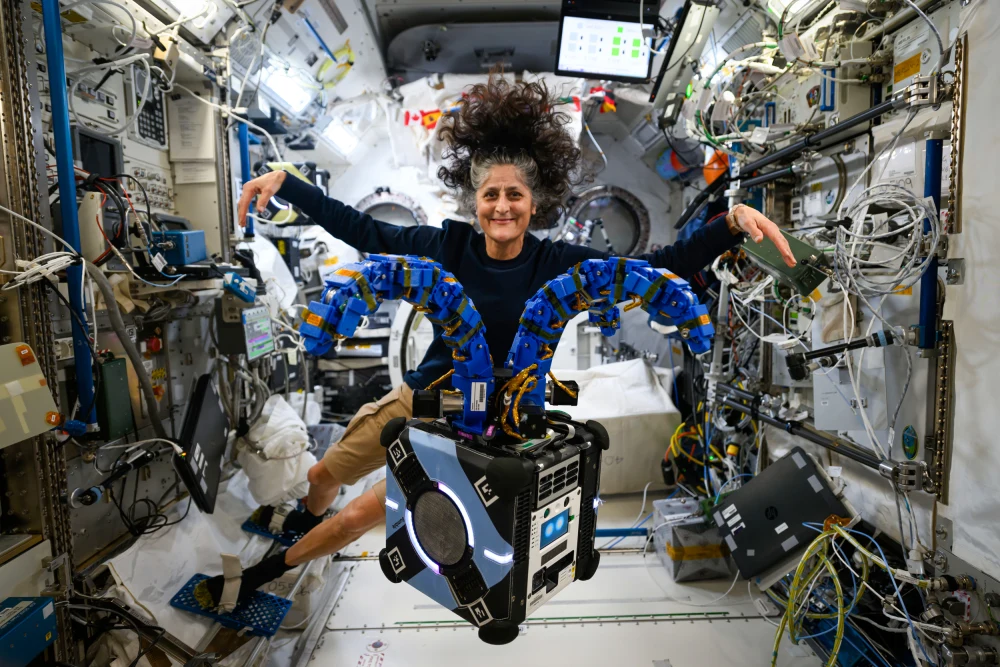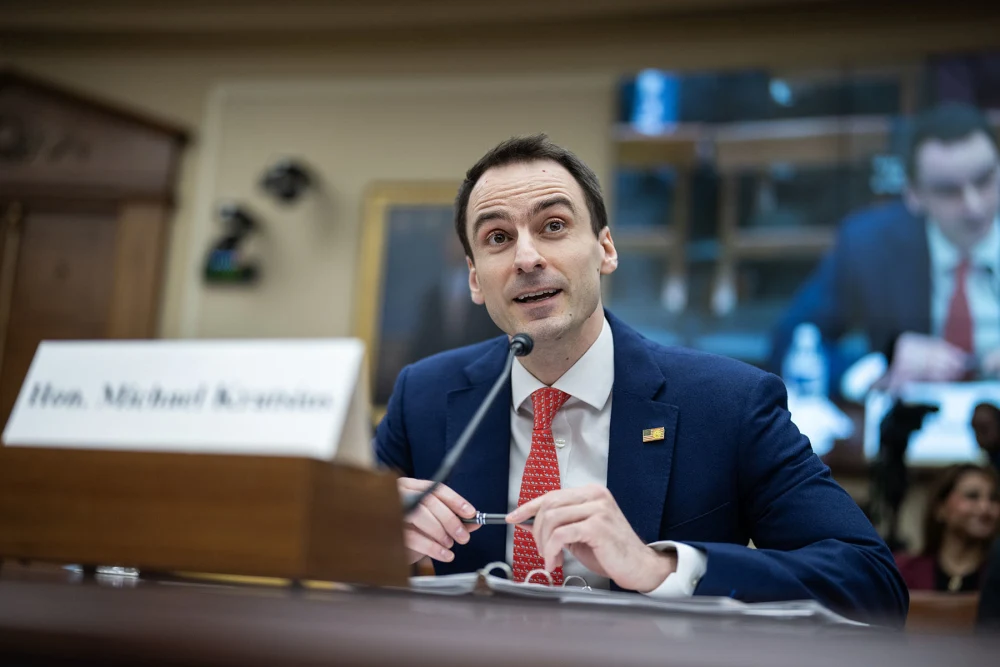The Biden administration wants employers to consider eight major principles when using artificial intelligence at work, including establishing human oversight processes and limiting the data collected on workers.
The guidelines, released Thursday by the White House and the US Labor Department, say that businesses deploying the technology should, among other things, allow for worker input in workplace AI systems, train their AI systems to protect workers, offer training and upskilling in AI-related job transitions, and disclose AI use in the workplace.
They come amid growing concerns about how use of the technology can lead to worker displacement, intrusive employee surveillance, and unintentional discrimination based on race, sex, and other protected characteristics.
“Workers must be at the heart of our nation’s approach to AI technology development and use,” Acting Labor Secretary Julie Su said in a Thursday statement. “These principles announced today reflect the Biden-Harris administration’s belief that, in addition to complying with existing laws, artificial intelligence should also enhance the quality of work and life for all workers.”
When it comes to oversight of AI systems, the principles say that companies should have “governance systems,” evaluation processes, and humans involved in monitoring the technology.
Fears of “robot bosses” making hiring and firing decisions, as well as surveiling workers has also garnered the attention of lawmakers on Capitol Hill, who have introduced some bills to rein in AI use in the workplace.
The principles caution that any worker data collected by AI systems should be “used only to support legitimate business aims,” and that the technology cannot run afoul of workers’ labor rights and anti-discrimination protections.
The White House has already secured commitments from tech companies Microsoft Corp. and Indeed Inc. to integrate the principles into their workplaces, according to the announcement.
The principles aren’t an “exhaustive list,” and are meant to serve as a “guiding framework” for businesses on workplace protections and risks as artificial intelligence becomes more common in everyday life, the White House said. They were requested by President Joe Biden as part of his October executive order on responsible AI use.
The principles apply to all industries, the White House said, but it also noted that AI developers and employers can and should “review and customize” these practices “based on their own context and with input from workers.”
The DOL is still due to issue a set of “best practices” outlining examples of how employers can apply the principles.
As part of Biden’s requests under the EO, the DOL on April 29 issued an FAQ focused on federal contractors’ equal employment opportunity obligations when using AI technology, and instructions to its Wage and Hour Division offices on how the Fair Labor Standards Act still applies when AI is used to determine break periods or for timekeeping purposes, among other areas.




